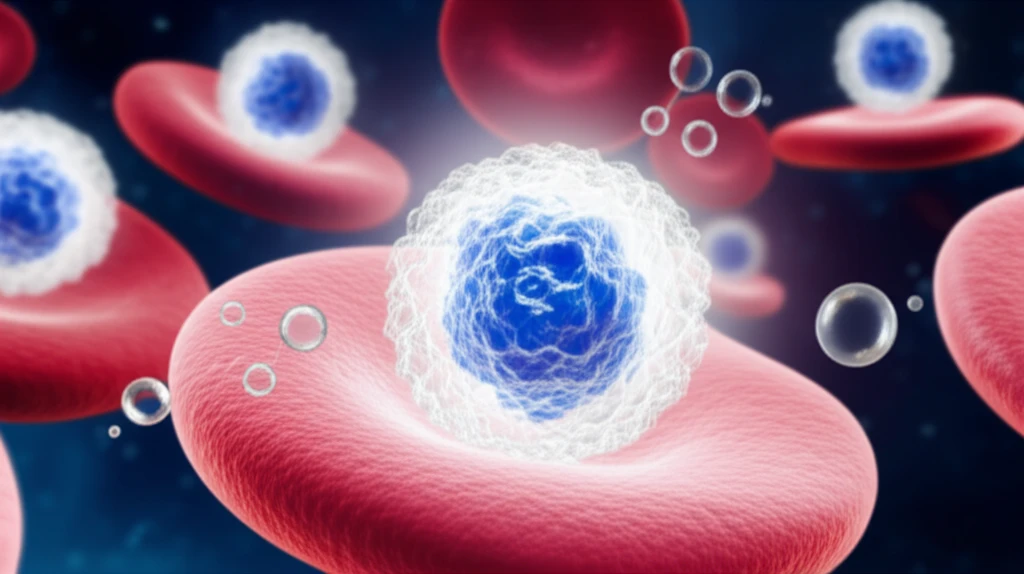
Cancer Breakthrough: HDAC6 Inhibitors Offer New Hope in the Fight Against Blood Cancers
"Scientists Discover HDAC6 Inhibitors Can Boost the Effectiveness of Anti-CD20 Therapy, Promising a New Approach to Treating Blood Cancers."
The landscape of cancer treatment is ever-evolving, with researchers constantly seeking innovative ways to improve patient outcomes. A recent breakthrough has emerged in the fight against blood cancers, specifically targeting a critical protein involved in the disease's progression. This discovery centers around HDAC6 inhibitors, a class of drugs that are showing remarkable promise in boosting the effectiveness of existing therapies.
Anti-CD20 monoclonal antibodies have been a cornerstone in treating various blood cancers, including lymphoma and leukemia. However, the effectiveness of these treatments can be limited by resistance mechanisms. Now, scientists have uncovered a new strategy to overcome these challenges, offering a potential game-changer for patients.
This article delves into the science behind this exciting development, explaining how HDAC6 inhibitors work, the potential benefits they offer, and the implications for patients. We'll explore the research findings, the potential for new treatment strategies, and the hope they bring to those affected by blood cancers.
Unveiling HDAC6: A Key Player in Blood Cancer Treatment

HDAC6, or histone deacetylase 6, is a protein that plays a crucial role in regulating various cellular processes. While its exact functions are complex, recent studies have revealed that HDAC6 is involved in the regulation of CD20, a protein found on the surface of certain cancer cells. This discovery has paved the way for a new understanding of how to target and treat these cancers more effectively.
- Increased CD20 levels on cancer cells, enhancing the effectiveness of anti-CD20 therapies.
- Improved survival rates in preclinical studies, indicating the potential for better patient outcomes.
- A new strategy for overcoming resistance to anti-CD20 therapies, offering hope for patients who have not responded to existing treatments.
A Promising Future for Blood Cancer Patients
The discovery of HDAC6 inhibitors' potential to enhance anti-CD20 therapy represents a significant step forward in the treatment of blood cancers. As research continues, these inhibitors hold the promise of improved patient outcomes, better survival rates, and a brighter future for those affected by these diseases. This breakthrough exemplifies the power of scientific innovation and the hope it brings to patients and their families.
